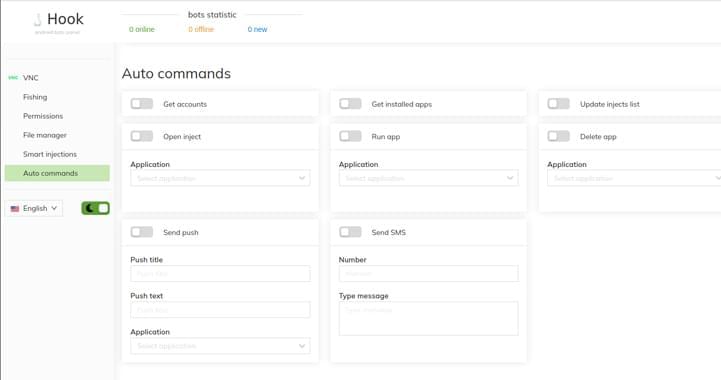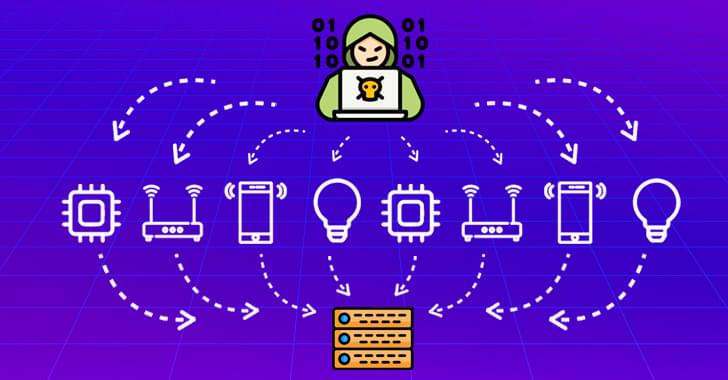As we age, our muscles and other tissues break down in much the same way as degenerative diseases progress. What we learn from studying degenerative diseases such as muscular dystrophy could help researchers develop new interventions to fight common age-related ailments and chronic illnesses.
With help from NIA, biotechnology company Juvena Therapeutics has begun unlocking the secrets of proteins for regenerative medicine. Juvena scientists are using a form of muscular dystrophy — myotonic dystrophy type 1 (DM-1) — as a model to sift through proteins that are produced by the body’s stem cells. These cells have the potential to become any type of cell in the body, from liver tissue to skin cells. The goal is to find proteins that encourage tissue growth and repair, ultimately designing new drugs to prevent and treat degenerative diseases like DM-1. As part of this process, Juvena hopes to learn more about how to reduce the effects of aging on muscles and other tissues, too.
A new biotech trying to establish itself can feel isolated from the larger scientific community. For example, Juvena is unable to submit findings for publication before taking care of intellectual property protections. But NIH’s peer-review process offered confidential, scientifically rigorous feedback to fill that critical gap, and the NIA Small Business Programs staff offered helpful advice.
“We can get the input, guidance, and advice that we need to really better the work,” Yousef said.
Five years in, the company has now raised about $60 million. But Yousef said that NIA funding is more than just financial support and feedback. It gives the company no-strings-attached freedom to explore the scientific potential of their ideas as well as the capital needed to pursue preclinical development of new leads, unlike loans or business obligations that come with venture capital.








